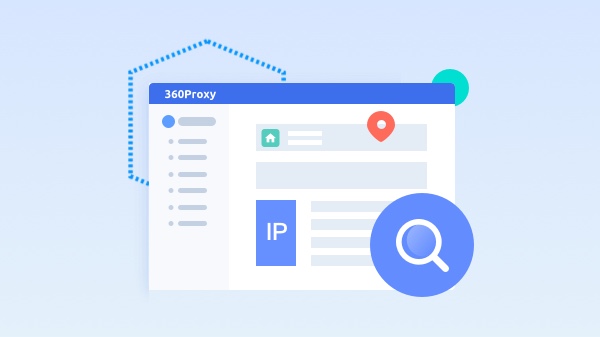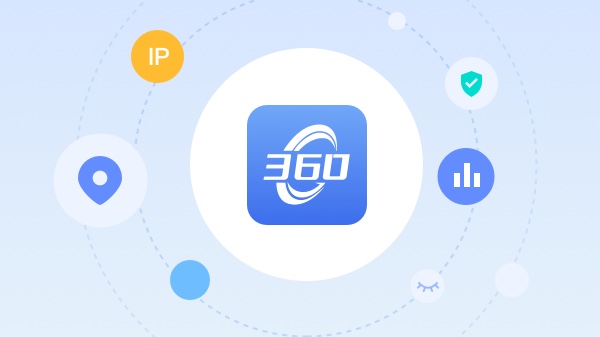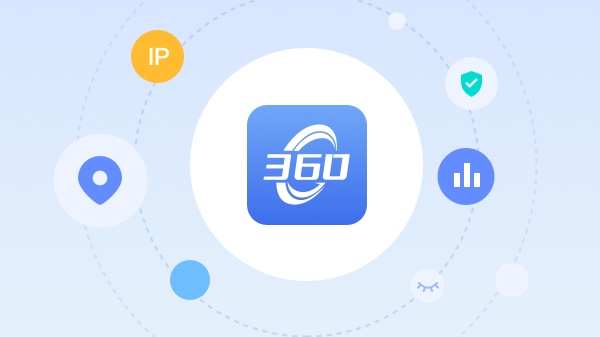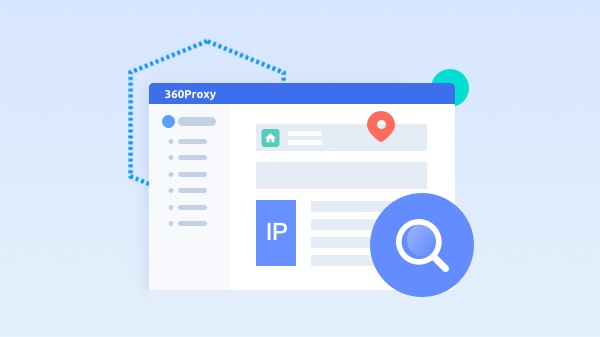

Blog / IP knowledge sharing
What are shared IP addresses and exclusive IP addresses? What do they do?
When purchasing proxy IP, we will find that there are a lot of proxy IP vendors have shared IP and exclusive IP types, what are the differences between these two types, and what need to pay attention to in use? Today I will tell you in detail.
4th-May 2023

HTTP proxy: can proxy client HTTP access, mainly proxy browser access web pages, its port is generally 80, 8080, 3128, etc.
Socks proxy: Different from other types of proxy, the socks proxy simply transmits packets without caring about the application, even if the request is HTTP. Therefore, the SOCKS proxy server is much faster than other types of proxy servers.
The SOCKS proxy is divided into SOCKS4 and SOCKS5. The difference between the SOCKS4 proxy and SOCKS5 is that the SOckS4 proxy supports only TCP (Transmission Control protocol), while the SockS5 proxy supports both TCP and UDP (User packet protocol), various authentication mechanisms, and server domain name resolution. SOCKS5 can be achieved by SOCK4, but socks4 may not be achieved by SOCKS5. For example, our common chat tool QQ requires SOCKS5 when using proxy, because it needs to use UDP protocol to transmit data.
360proxy is the most cost-effective comprehensive proxy service provider in the market, providing users with high-quality and stable proxy IP. In addition, 360proxy supports socks5 and HTTP protocols, which can meet the needs of most users.
 No withdrawal and no deduction
No withdrawal and no deduction
 Leading core technology
Leading core technology
 Unique advantages of data collection
Unique advantages of data collection
 Unlimited Traffic Unlimited Bandwidth
Unlimited Traffic Unlimited Bandwidth
 7*24 support
7*24 support
IP addresses are classified into five types based on network ids: Class A, Class B, Class C, Class D, and Class E.
23th-April 2023
The function of a proxy server is to obtain network information on behalf of network users. In other words, it is an online information broker, an intermediary between a personal network and an Internet service provider, responsible for forwarding legitimate online information and controlling and recording the forwarding. As a bridge between Internet and Intranet, proxy server plays a vital role in practical application, and its most basic function is connection.
20th-April 2023

What is the difference between HTTP and socks5 proxies?
360proxy supports socks5 and HTTP. What is the difference between the two protocols? The following article will give you a brief introduction.
4th-May 2023

How to use dynamic proxy IP to do SEO?
Dynamic proxy IP everyone is familiar with, today we will talk about how to use dynamic proxy IP to do SEO optimization. In fact, in addition to SEO many network marketing also need to use the proxy IP, because many network marketing users know, voting, registering accounts, posts and other work, all need to use the proxy IP this tool, in order to operate without restrictions.
24th-April 2023

What is SOCKS5 proxy? How does it work?
The SOCKS5 proxy looks complicated, but it is only one of the proxy IP protocols, and it is also the most important and popular protocol. Only the proxy IP of the SOCKS5 protocol can implement true anonymous proxy, without which all high anonymous proxy IP will be invalid.
24th-April 2023

360Proxy is a value alternative to 922S5 Prxoy
360Proxy is a value alternative to 922S5 Prxoy.
23th-April 2023